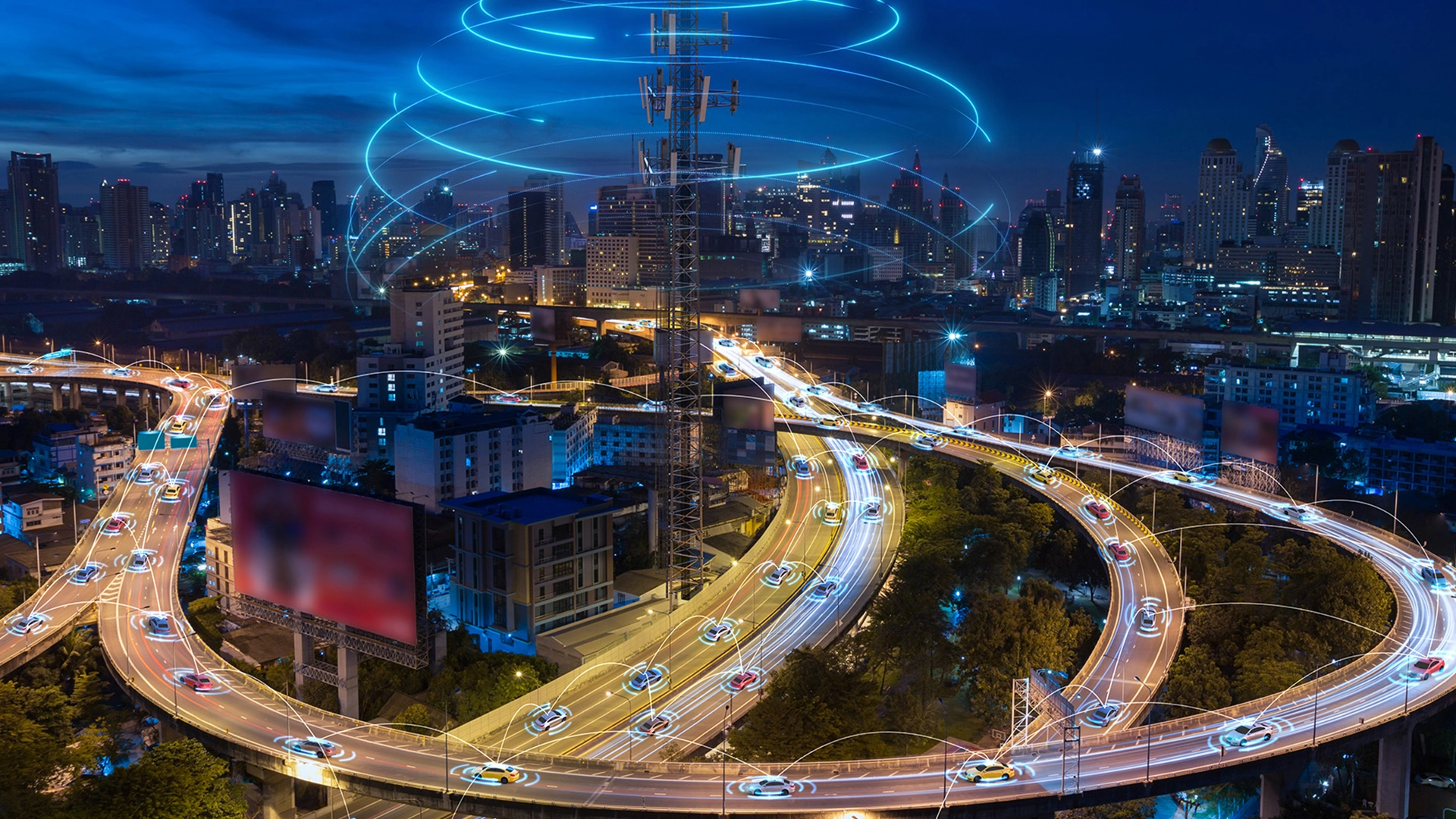Multimodality: How hi tech automotive companies are becoming much more than manufacturers of vehicles
The car industry is broadening its scope. For instance, one of Europe’s biggest auto industry OEMs recently bought a car rental company, invested millions of euros in a car sharing app, launched a ride-hailing service, and is developing automated valet parking software.
5 minutes

It would be an exaggeration to claim that building cars is becoming a sideline in the auto business. But still; steel, glass, rubber, brakes and engines are not the only focus points anymore, as the industry is realizing the shift in customer preferences, enabled by digital technology.
Digital services around the car are becoming more and more important. For example, we already see shared, flexible, and integrated mobility offerings – the mobility as a service (MaaS) approach – take off in cities across the world. If car manufacturers want to be among tomorrow’s winners, they should think of themselves as more than producers of vehicles. They should aim at becoming digital mobility companies, offering their vehicles as one layer among many in new multi-layer solutions tailored to the mobility landscape of the future.
We’ve helped a client design a car sharing and rental solution. The system has no fixed rental stations. The users can pick up and leave a car throughout an entire city area. The system has >100.000 users and >2.000 electric cars and is currently implemented in two major European cities, with more to come. The system integrates ID & driver permission checks, billing, vehicle charging, overview of available parking spot, and steering of field service agents.
With new digital business models on the rise and customer preferences shifting towards e-commerce, the process of buying a new car is changing as well. A prominent example of this trend is the agency model, centralizing parts of the customer retail journey. Under this model, the manufacturer becomes the retailer while the dealer remains the physical touchpoint with the customer. For manufacturers, direct sales are the response to new consumer expectations: They prefer a buying process as simple as the experience they are used to from e-commerce.

Akkodis experts helped a global leader in ride-hailing to establish a cross-industry presence for e-scooters in more than 20 cities across four countries, underlining its position as a preferred global partner in the shared mobility ecosystem.
New kinds of car ownership are emerging as well. Some customer segments consider their vehicle to be an important part of who they are, thus still valuing the traditional way of buying and owning the car that sits in their driveway. Others prefer to lease their car, long-term or short-term. On the opposite side of the spectrum, the magic of car ownership means absolutely nothing to other types of customers. In their opinion, cars are tightly linked to the climate crisis and should be used only when really needed. For them cars are for convenience, not for prestige or vanity. Mainly in urban areas, this new approach to mobility leads to the development of innovative car-sharing and rental solutions focusing on ease-of-use, flexibility, and smallest possible carbon footprint.
Our automated software streamlined leasing activities for a premium German OEM in France. This was achieved by condensing the overall customer journey (back-end and front-end) through the introduction of onsite robots with UI path technology, with robotic process automation (RPA) allowing for a convenient and individualized customer journey.
All this requires closely interconnected ecosystems of digital services, offering seamless, personalized customer experiences. Because, the key differentiator of the future may not be how the vehicle is designed, or its performance or its handling. It may very well be the quality and user experience of the services around it. “For a large German truck OEM, we’ve developed a digital fleet management system to enable real-time re-routing and more efficient use of the fleet. The system helps truck drivers in their daily work and is available as a mobile phone app and on a special handheld device inside the vehicle. It assists drivers with navigation, vehicle information, driving and rest times etc.
When looking at the future of mobility, services, connectivity, and data are taking center stage. Vehicle manufacturers have an important role to play in this journey towards smart transportation and smart cities. That goes not only for transport of people, but also for transport of goods. The value of a truck for instance, comes not only from its ability to carry a certain load. If it comes with software for route planning, billing, how to best load the truck, what to do if it breaks down etc., then the truck’s value for the customer increases significantly. And that is exactly what lies ahead for the car industry: Becoming mobility providers in a landscape increasingly characterized by multimodality and integrated ecosystems.